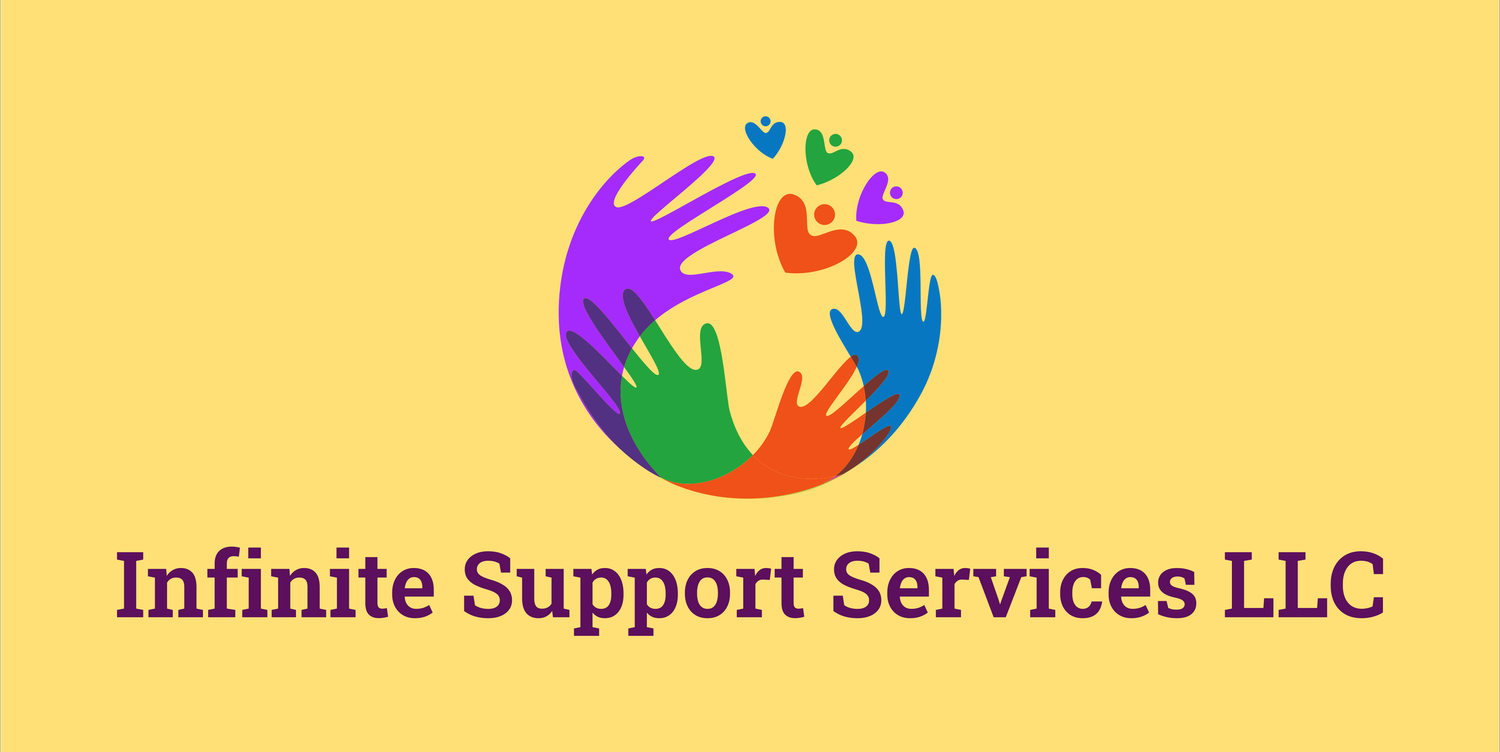Frequently Asked Questions
What are ID/DD services?
ID/DD services refer to services provided for individuals with Intellectual Disabilities (ID) and Developmental Disabilities (DD). These services aim to support individuals in managing daily life, achieving independence, and integrating into the community.
ID/DD services often include:
Residential Support: Housing or living arrangements for individuals who need help with daily tasks.
Day Programs: Social and vocational activities designed to enhance life skills and foster community participation.
Behavioral Support: Counseling and therapy to help manage behavioral challenges.
Personal Care and Assistance: Help with grooming, eating, and other daily living activities.
Employment Services: Job training, placement, and support for working in the community.
Medical and Health Services: Ongoing care to address physical or mental health needs.
The goal of ID/DD services is to empower individuals to live fulfilling, independent lives within their communities, with the necessary support tailored to their specific needs.
Who qualifies for ID/DD services?
Individuals who have an intellectual or developmental disability, such as autism, Down syndrome, or cerebral palsy, and who experience significant limitations in daily functioning (e.g., communication, self-care) typically qualify. The condition must generally begin before age 22, and the person must need support services to manage daily activities. Eligibility criteria vary by state or region.
Eligibility for ID/DD services typically depends on the specific criteria set by the state or country, as well as the nature of the disability. However, there are common guidelines that apply to most cases.
How do I apply for ID/DD services?
Contact your local ID/DD service provider or agency (often through your state or county's health or social services department).
Submit an application with necessary documentation, such as medical records or assessments confirming the disability.
Undergo an eligibility evaluation, where a professional will assess the individual's needs and determine if they qualify.
Complete any required paperwork, including financial assessments if needed.
Check with your local agency for specific steps, as the process may vary by location.
What is a medicaid waiver?
A medical waiver is a program that allows individuals to receive healthcare and support services outside of institutional settings, such as nursing homes or hospitals. It typically provides funding for home and community-based services (HCBS) for people with disabilities or chronic conditions, helping them live independently. These services may include personal care, therapy, and other necessary support, depending on the individual's needs.
Medical waivers are often part of Medicaid programs and are designed to help people avoid institutional care while still receiving the medical and supportive services they require.
What is a sponsor?
A sponsor for sponsored residential care for children is an individual or family who provides a safe, nurturing, and stable living environment for a child or young person who cannot live with their birth family. This type of care is often used for children in foster care or those in need of an alternative home setting.
A sponsor (also known as a residential carer or host) typically offers:
Supportive Family Environment: They create a homelike environment where the child can receive care, attention, and emotional support.
Stability: The sponsor ensures a stable living situation while helping the child adjust to new routines and surroundings.
Supervision and Care: They monitor the child's well-being, support education, and ensure that medical or other needs are met.
Partnership with Social Services: They work with social workers or other professionals involved in the child’s care, collaborating to meet the child’s specific needs..
